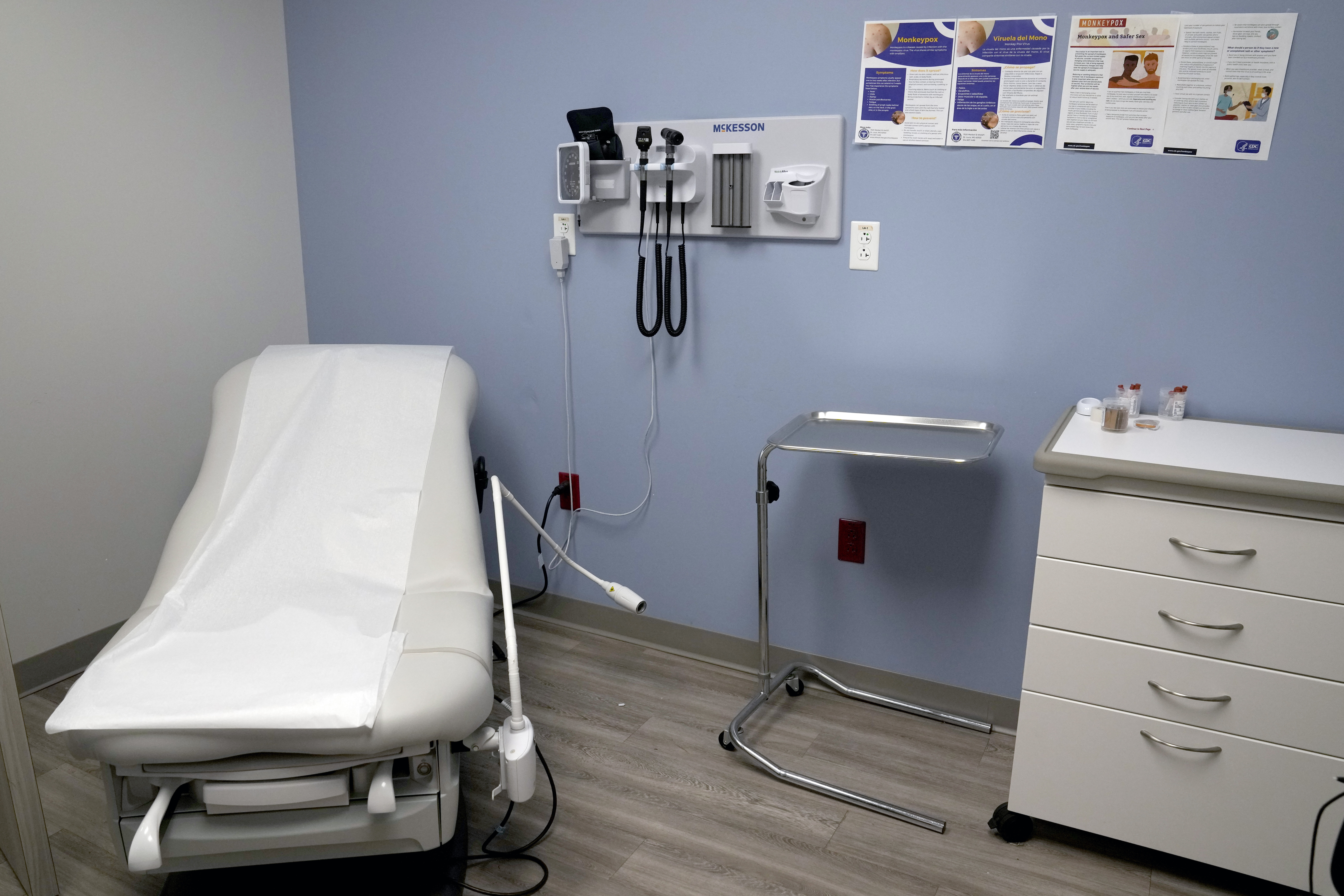The Arizona man who has acknowledged selling bullets to the gunman in the deadliest mass shooting in modern U.S. history has asked to be tried by a judge on his federal ammunition-manufacturing charge.
The attorney for Douglas Haig argued that the connection to the massacre will have a "prejudicial effect" on Las Vegas jurors, the Las Vegas Review-Journal reported Tuesday.
"Unlike a judge, jurors may simply be unable to set aside their passion and prejudice to render a fair and impartial verdict in this case," Haig's attorney wrote in recent court filings.
A federal magistrate judge in Nevada has recommended for the trial judge to deny Haig's new request. "Though the trial will present challenges, the trial judge will ensure the Defendant an impartial trial," U.S. Magistrate Judge Cam Ferenbach wrote in a report.
U.S. District Judge James Mahan has not yet issued a decision.
Haig has pleaded not guilty to illegally making tracer and armor-piercing bullets at his home in Mesa, Arizona. He is not charged in the October 2017 shooting that killed 59 people and injured more than 850.
U.S. & World
The day's top national and international news.
Prosecutors have said his fingerprints were found on unfired reloaded bullets found inside the hotel room where the gunman fired down at the crowd.
Haig previously sought to move the trial to Arizona, citing similar concerns about an impartial jury. The court denied the request.
His attorney also sought to prevent prosecutors from mentioning the Las Vegas shooting at trial. The court agreed to exclude some related evidence, but noted other procedural safeguards would reduce the possibility of prejudice.
The trial is scheduled to begin in August.
Haig, an aerospace engineer who sold ammunition as a hobby for about 25 years, had previously acknowledged selling 720 rounds of tracer ammunition to the Las Vegas mass shooter in the weeks before the attack. Tracer rounds, which are legal to sell, contain a pyrotechnic charge that illuminates the path of fired bullets so shooters can see whether their aim is correct.
Authorities haven't said if any ammunition tied to the gunman — who was found dead, apparently by suicide, in the Mandalay Bay hotel after the shooting — was used in the attack.
Authorities have said that a forensic analysis of the two armor-piercing cartridges found in the shooter's hotel room revealed Haig's fingerprints and had tool marks consistent with equipment in Haig's backyard workshop.
It's illegal to manufacture and sell armor-piercing ammunition, but federal law allows certain exceptions, such as ammunition that's intended to be used by government agencies within the United States, said Gary B. Wells, an attorney in Argyle, Texas, who specializes in firearms law and isn't involved in Haig's case.
A federal firearms license is generally required to legally manufacture armor-piercing ammunition. But people who receive permission from the government to make such ammunition wouldn't need a license if they aren't considered to be in the business of selling ammunition, Wells said.
Haig arose in the investigation when a box with his name and address was found in the Mandalay Bay hotel suite where Paddock opened fire on people at a music festival below.
Haig has since closed his ammunition business.



